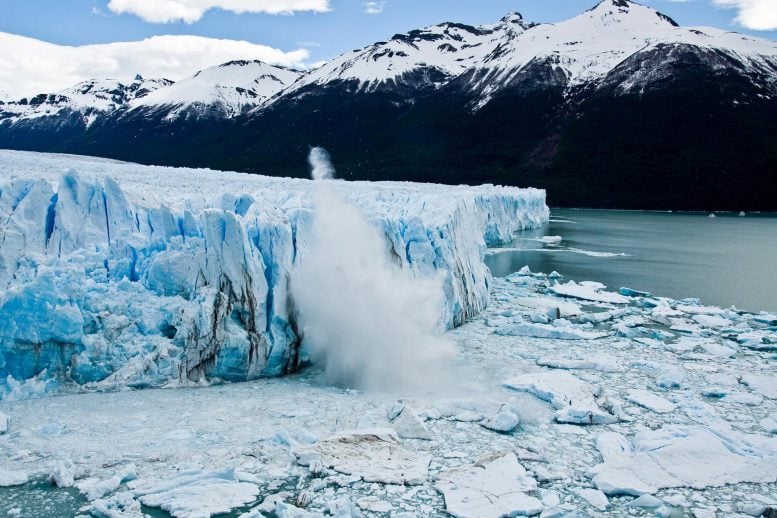
A new study indicates that Andean tropical glaciers have shrunk to their smallest sizes in over 11,700 years, signaling a severe impact of modern global warming.
Researchers used cosmogenic nucleotide measurements from bedrock samples near Andean glaciers to show that these glaciers are currently smaller than at any point during the Holocene. This finding underscores the unique vulnerability of tropical glaciers to climate change and suggests they may be early indicators of broader environmental shifts.
Current Andean Glacier Loss Is Unprecedented in the Holocene
Andean tropical glaciers are experiencing unprecedented retreat, according to a new study published on August 1 in the journal Science that reveals their current sizes are the smallest in over 11,700 years.
“Our finding … identifies this region as a hot spot in our understanding of the changing state of the cryosphere,” say the authors.
Glaciers act as important indicators of climate change, with their global retreat accelerating over recent decades. Examining this retreat in the context of the previous 11,700 years of the Holocene interglacial highlights the impact of modern global warming.
Unique Vulnerability of Tropical Glaciers
Although many glaciers worldwide are smaller today compared to their sizes over the Holocene, it’s recognized that glaciers generally retreated to their smallest extents during the early to mid-Holocene. But today tropical glaciers are experiencing unprecedented retreat, possibly due to factors including increasing temperatures at high altitudes.
The Andes – home to over 99% of tropical glaciers – are particularly affected, and may be the first to show significant impacts of human-induced climate change on a regional scale. To determine whether the magnitude of tropical glacier retreat in the Andes today exceeds the bounds of Holocene fluctuations, Andrew Gorin and colleagues analyzed paired cosmogenic carbon-14 (14C) and beryllium-10 (10Be) measurements in 20 bedrock samples collected near the margins of four tropical Andean glaciers.
Implications for Future Climate Projections
Cosmogenic nucleotide measurements can be used to estimate how long bedrock has been exposed, such as due to loss of overlying ice.
The researchers discovered that most bedrock samples had near-zero 14C and 10Be concentrations, suggesting that these locations were covered by ice throughout the Holocene and have only recently been exposed. Thus, the adjacent glaciers are likely smaller now than they have been at any point in the past 11,700 years.
“Paired with a similar result in the Arctic, the early emergence of these small, fast-responding glaciers from their Holocene baseline may serve as a ‘canary in the coal mine,’ signaling an approaching contraction of higher-latitude glaciers beyond their interglacial range,” write Gorin and colleagues.
For more on this research, see Andean Glaciers Have Retreated to Lowest Levels in 11,700 Years.
Reference: “Recent tropical Andean glacier retreat is unprecedented in the Holocene” by Andrew L. Gorin, Jeremy D. Shakun, Andrew G. Jones, Tori M. Kennedy, Shaun A. Marcott, Brent M. Goehring, Lucas K. Zoet, Vincent Jomelli, Gordon R. M. Bromley, Emilio I. Mateo, Bryan G. Mark, Donald T. Rodbell, Adrien Gilbert and Marc W. Caffee, 1 August 2024, Science.
DOI: 10.1126/science.adg7546